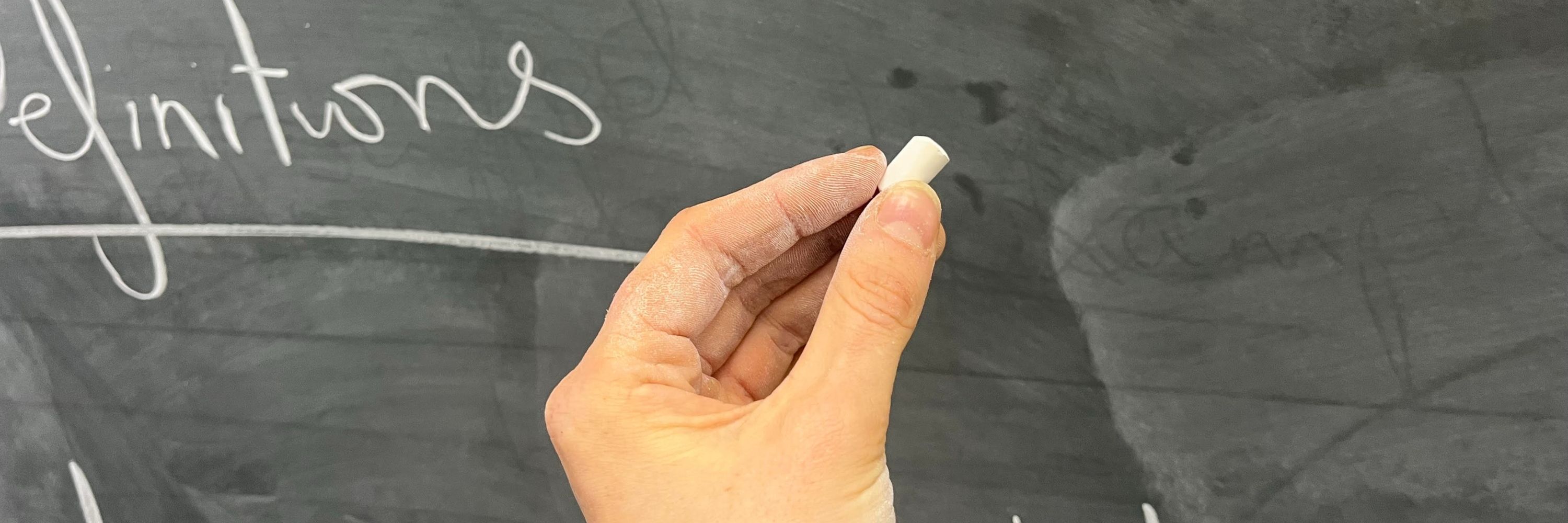Zoe Holmes
@qzoeholmes.bsky.social
970 followers
790 following
65 posts
Quantum physicist. Assistant Prof at EPFL. Climber.
Posts
Media
Videos
Starter Packs
Reposted by Zoe Holmes
Zoe Holmes
@qzoeholmes.bsky.social
· Jul 24

Faculty Position in Theory of Condensed Matter and Interacting Quantum Matter
The School of Basic Sciences (Physics, Chemistry and Mathematics) at EPFL seeks to appoint a Tenure Track Assistant Professor in condensed matter theory with a focus on interacting quantum matter. Can...
www.epfl.ch
Reposted by Zoe Holmes
Marco Cerezo
@mvscerezo.bsky.social
· Aug 26

Does provable absence of barren plateaus imply classical simulability? - Nature Communications
There has been growing evidence that strategies to circumvent the barren plateau problem in variational quantum computing might also kill potential quantum advantages. In this Perspective, the authors...
www.nature.com
Zoe Holmes
@qzoeholmes.bsky.social
· Aug 19
Zoe Holmes
@qzoeholmes.bsky.social
· Aug 6
Zoe Holmes
@qzoeholmes.bsky.social
· Jul 24

Faculty Position in Theory of Condensed Matter and Interacting Quantum Matter
The School of Basic Sciences (Physics, Chemistry and Mathematics) at EPFL seeks to appoint a Tenure Track Assistant Professor in condensed matter theory with a focus on interacting quantum matter. Can...
www.epfl.ch
Zoe Holmes
@qzoeholmes.bsky.social
· Jul 24
Zoe Holmes
@qzoeholmes.bsky.social
· Jul 22
Zoe Holmes
@qzoeholmes.bsky.social
· Jul 22

Grover's algorithm is an approximation of imaginary-time evolution
We reveal the power of Grover's algorithm from thermodynamic and geometric perspectives by showing that it is a product formula approximation of imaginary-time evolution (ITE), a Riemannian gradient f...
arxiv.org














